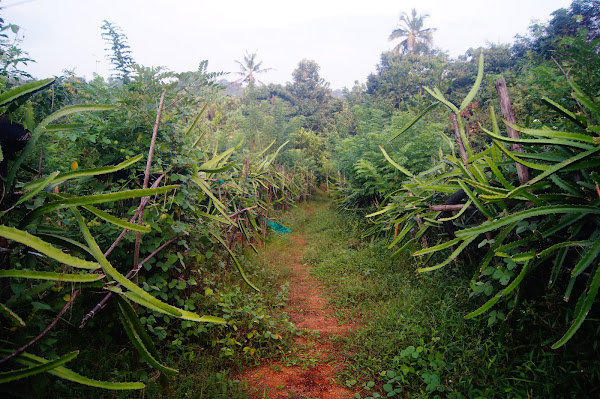Euphorbia story!
Cultivating Resilience: The Euphorbia Story at Liz Pepper Gardens
In the lush expanse of Liz Pepper Gardens, a unique and hardy addition to the diverse ecosystem has taken root—Euphorbia. This remarkable plant, known for its adaptability, has become an integral part of our forest farm. In this blog, we describe the fascinating world of Euphorbia, exploring its benefits, the cultivation process, and the invaluable contributions it makes to the thriving environment at Liz Pepper Gardens.
The Hardy Companion:
Euphorbia, often celebrated for its hard-to-kill nature, proves to be an ideal companion in our forest farm. Its resilience makes it an excellent addition, requiring minimal maintenance while offering a multitude of benefits. This hardy nature not only eases the workload on our small team but also ensures a consistent presence of greenery even in challenging conditions.
Cultivation Process:
The success of Euphorbia on our farm is attributed to a well-thought-out cultivation process. We carefully choose suitable locations, considering sunlight, soil conditions, and drainage. The plants are propagated through seeds or cuttings, and their growth is monitored closely. The adaptability of Euphorbia to various soil types makes it a versatile choice for our diverse landscape.
Benefits to Liz Pepper Gardens:
Euphorbia brings a myriad of benefits to Liz Pepper Gardens, contributing to the overall well-being of the farm. One notable advantage is its ability to deter certain pests, acting as a natural guardian for neighboring crops. Additionally, Euphorbia's deep roots aid in preventing soil erosion, maintaining the structural integrity of our farm's landscape.
Diversity in Varieties: Euphorbia encompasses a vast array of species, each with unique characteristics. From the towering Euphorbia ingens to the compact Euphorbia milii, the diversity adds visual interest to our forest farm.
Medicinal Properties: Some species of Euphorbia are known for their medicinal properties. While we primarily focus on their ornamental and protective aspects, the presence of these plants offers potential health benefits.
Drought Resistance: Euphorbia's ability to thrive in arid conditions aligns with our commitment to sustainable farming practices. The plant's water-efficient nature is an asset in our efforts to conserve resources.
In conclusion, the Euphorbia story at Liz Pepper Gardens is one of resilience, adaptability, and symbiosis with the environment. As these hardy plants continue to flourish, they stand testament to the possibilities of harmonious coexistence between agriculture and nature. Euphorbia not only enhances the aesthetic appeal of our forest farm but also plays a crucial role in maintaining its ecological balance.




Comments
Post a Comment